There’s a point where ambition turns into action, and that’s usually right after a really good book. It shifts your thinking, sharpens your focus, and gives you a glimpse of what real power looks like. If you’re aiming high, these are the books that can actually help you get there.
Empire State of Mind: How Jay-Z Went from Street Corner to Corner Office by Zack O'Malley Greenburg
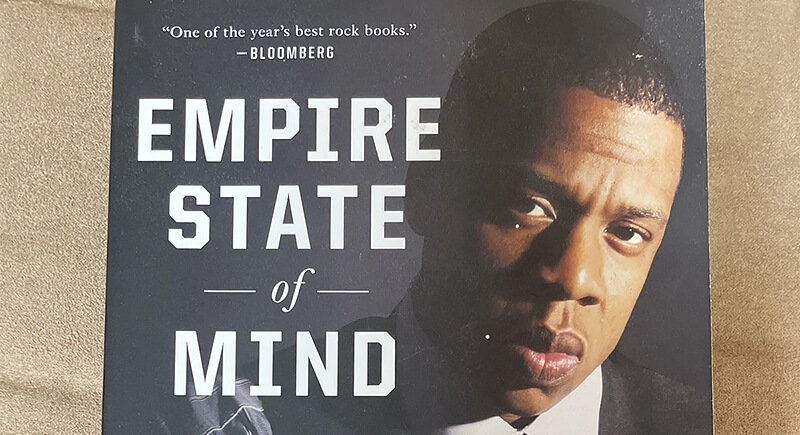
Credit: ebay
This biography traces Shawn Carter, widely known as Jay-Z, 's business ascent from his early years in Brooklyn to global entrepreneurship. Greenburg examines how Jay-Z’s adaptability and strategic thinking allowed him to move seamlessly across music, fashion, and sports.
Titan: The Life of John D. Rockefeller, Sr. by Ron Chernow
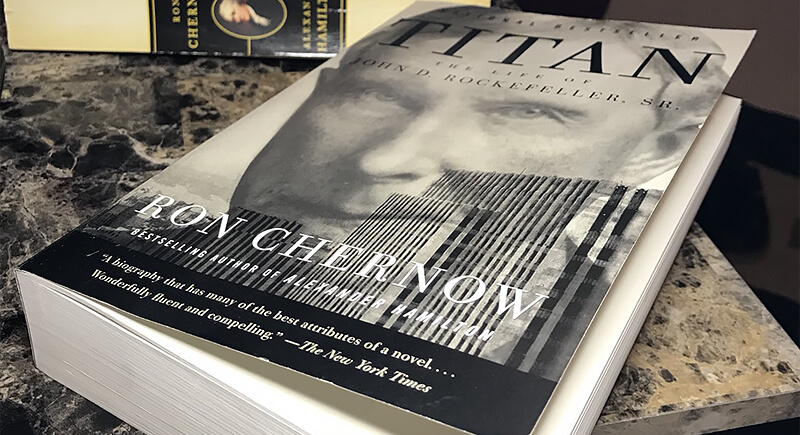
Credit: X
Ron Chernow offers a meticulously researched portrait of Rockefeller’s rise from modest beginnings to industry dominance. The biography explores his development of Standard Oil, his complex character, and his transformation into one of America’s most generous philanthropists.
Meditations by Marcus Aurelius
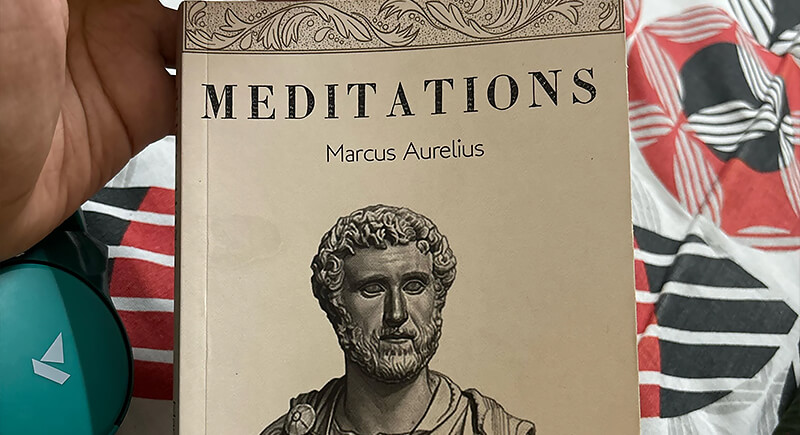
Credit: Reddit
Written as a private journal during his rule, Marcus Aurelius’s Meditations remains a foundational text of Stoic thought. His reflections on leadership, humility, and mortality offer enduring guidance for those seeking self-discipline and ethical authority. The work has influenced leaders for centuries, including in modern political and military contexts.
The Power Broker by Robert A. Caro
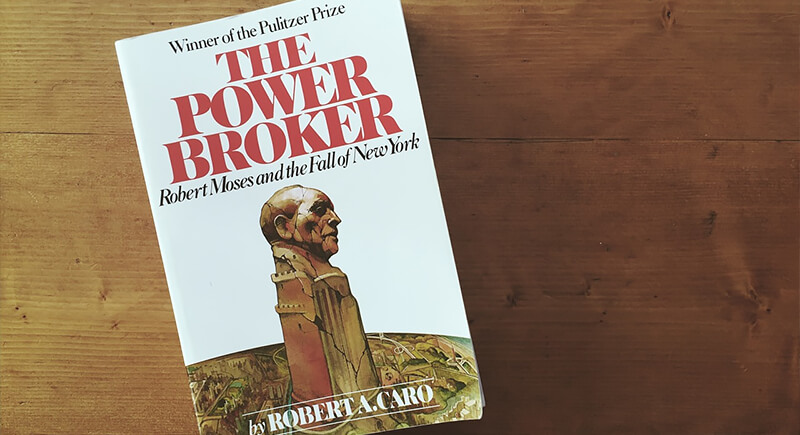
Credit: Reddit
Robert Moses transformed New York’s infrastructure, but his unelected authority raised questions about democratic power. Caro’s Pulitzer-winning biography shows how political control can accumulate quietly and wield enormous reach. This book is a warning about unchecked influence in public life.
What I Learned Losing a Million Dollars by Jim Paul and Brendan Moynihan
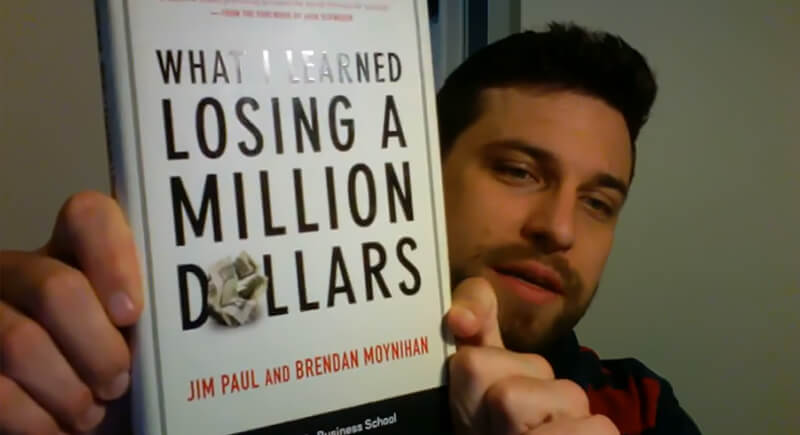
Credit: Youtube
Jim Paul reflects on his dramatic fall in the financial world while exposing how ego and emotion often undermine sound decision-making. Rather than focusing on success, the book dissects failure and provides insights into risk management. It emphasizes the psychological traps that distort judgment in competitive, high-stakes environments.
The Fish That Ate the Whale by Rich Cohen

Credit: Youtube
Sam Zemurray, an immigrant with no formal education, reshaped the banana trade through sheer force of will. Rich Cohen captures how Zemurray disrupted an industry and influenced U.S. foreign policy in Central America. His story reveals how persistence and unconventional tactics can shift power on a global scale.
The 48 Laws of Power by Robert Greene

Credit: Youtube
Greene distills centuries of historical strategy into concise, often provocative principles for navigating influence. The book draws from figures such as Machiavelli, Napoleon, and Queen Elizabeth I to explain how power is acquired, maintained, and lost. It remains widely read by entrepreneurs, politicians, and professionals looking for a strategic edge.
Plutarch’s Lives by Plutarch

Credit: ebay
This classical work pairs biographies of Greek and Roman figures to examine moral character and public responsibility. Plutarch’s analysis of leadership, loyalty, and corruption has shaped Western political thought for centuries.
The Autobiography of Malcolm X as told to Alex Haley
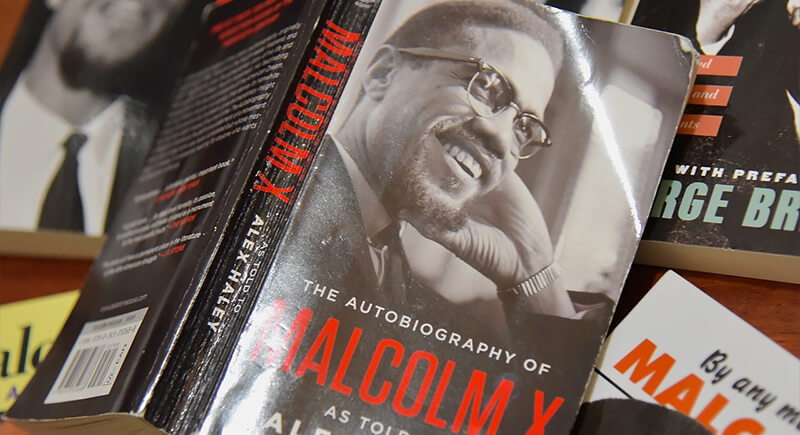
Credit: Instagram
This memoir documents Malcolm X’s transformation from criminal to national civil rights leader. Through his partnership with Alex Haley, Malcolm recounts his evolving philosophy on race, justice, and identity. The book is a deeply personal narrative that continues to influence conversations about activism, self-determination, and societal change.
Status Anxiety by Alain de Botton
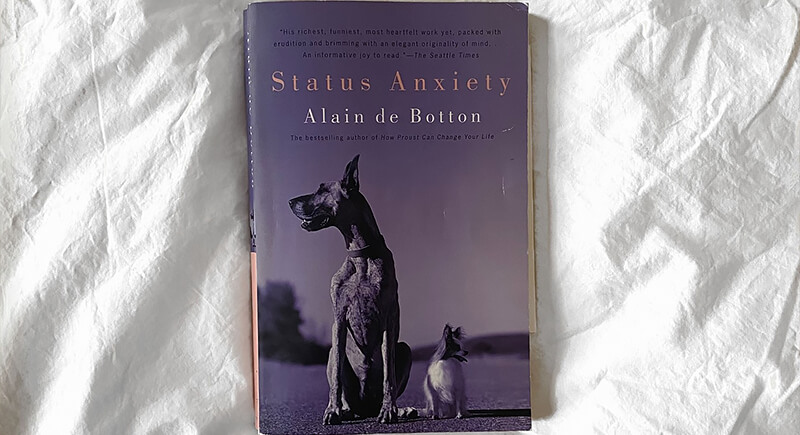
Credit: Instagram
De Botton explores why status holds such psychological power in modern life. By drawing from philosophy, history, and contemporary culture, he unpacks the emotional cost of comparison and ambition. The book is both a cultural critique and a practical framework for rethinking personal fulfillment beyond traditional measures of success.
Personal History by Katharine Graham

Credit: Amazon
After her husband's suicide, Katharine Graham unexpectedly became publisher of The Washington Post. Her leadership during pivotal events like Watergate redefined modern journalism. This Pulitzer Prize-winning memoir offers an honest account of personal resilience, professional growth, and the burdens of stepping into public authority amid private uncertainty.
Cyropaedia by Xenophon

Credit: ebay
Xenophon’s portrayal of Cyrus the Great combines history and leadership theory. The work examines how Cyrus governed with justice, diplomacy, and military strategy, which influenced thinkers from Machiavelli to Jefferson.
The Kid Stays in the Picture by Robert Evans
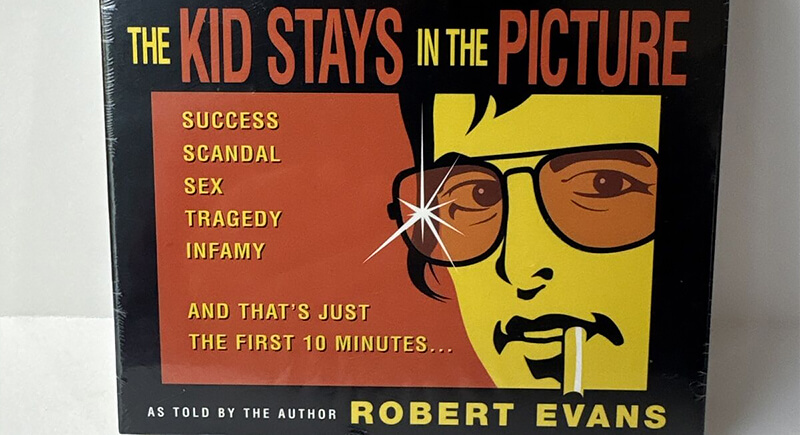
Credit: ebay
Robert Evans recounts his dramatic rise and fall as a Hollywood producer in this memoir marked by candor and insight. From revitalizing Paramount Pictures to personal controversies, his story illustrates how boldness and timing shape success.
Steal Like an Artist by Austin Kleon

Credit: flickr
Kleon argues that creativity is not about originality, but thoughtful appropriation. This brief yet compelling manifesto offers actionable ideas for generating work, embracing influence, and resisting perfectionism. It encourages readers to engage in the creative process with openness and consistency, especially in the face of self-doubt or hesitation.
Letters to His Son by Lord Chesterfield

Credit: ebay
Written over several decades, these private letters were intended to guide Lord Chesterfield’s son in matters of conduct, education, and advancement. The advice is formal and pointed. Despite the historical context, the emphasis on personal growth, strategic communication, and public image remains surprisingly relevant.
